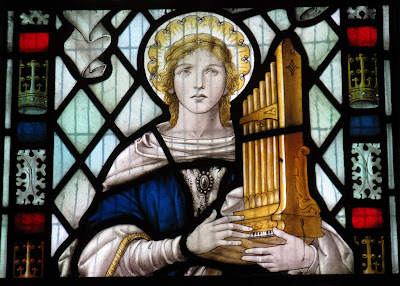Feast of the Holy Family & St. Thomas Becket
Feast of Holy Family An address by Pope Paul VI (Nazareth, January 5, 1964). Taken from the Second Reading in the Office of Readings for the Sunday in the Octave of Easter. Nazareth, a model Nazareth is a kind of school where we may begin to discover what Christ’s life was like and even to understand his Gospel. Here we can observe and ponder the simple appeal of the way God’s Son came to be known, profound yet full of hidden meaning. And gradually we may even learn to imitate him. Here we can learn to realize who Christ really is. And here we can sense and take account of the conditions and circumstances that surrounded and affected his life on earth: the places, the tenor of the times, the culture, the language, religious customs, in brief, everything which Jesus used to make himself known to the world. Here everything speaks to us, everything has meaning. Here we can learn the importance of spiritual discipline for all who wish to follow Christ and to live by ...

-ZZZ-St_John_the_Evangelist.jpg)










